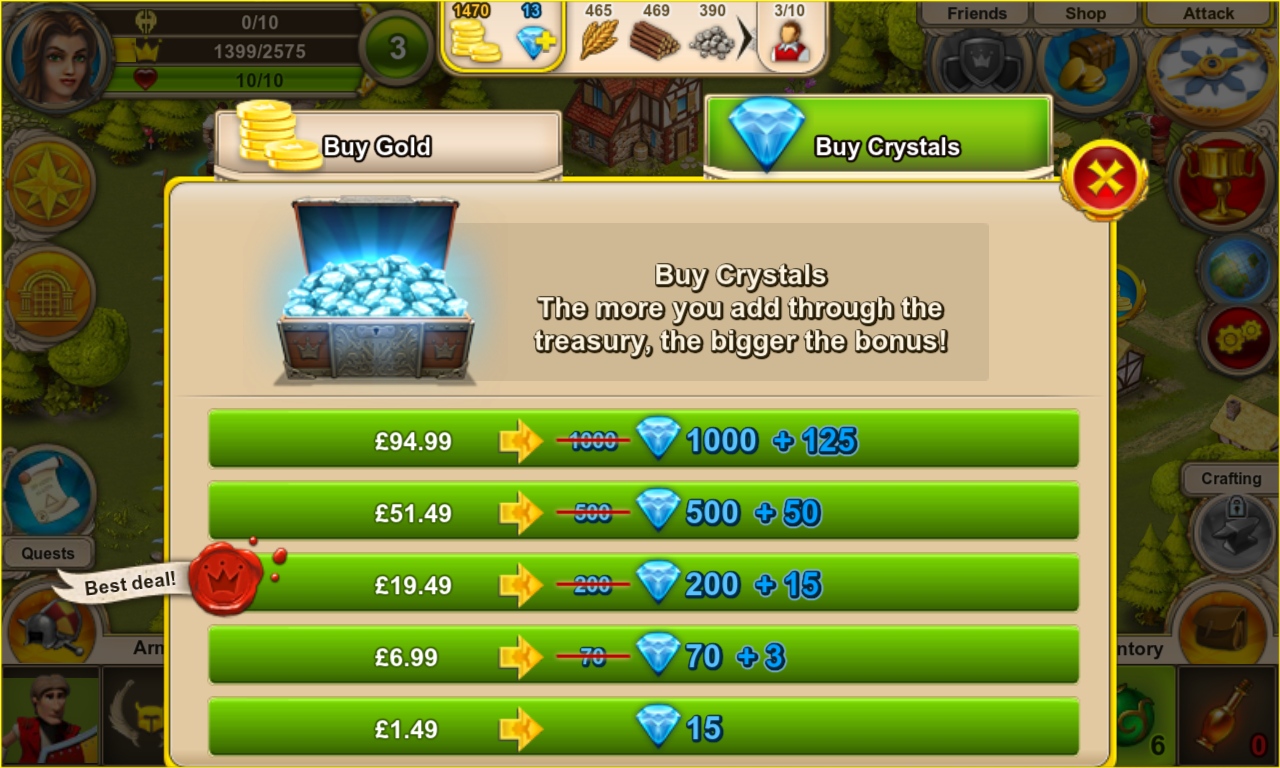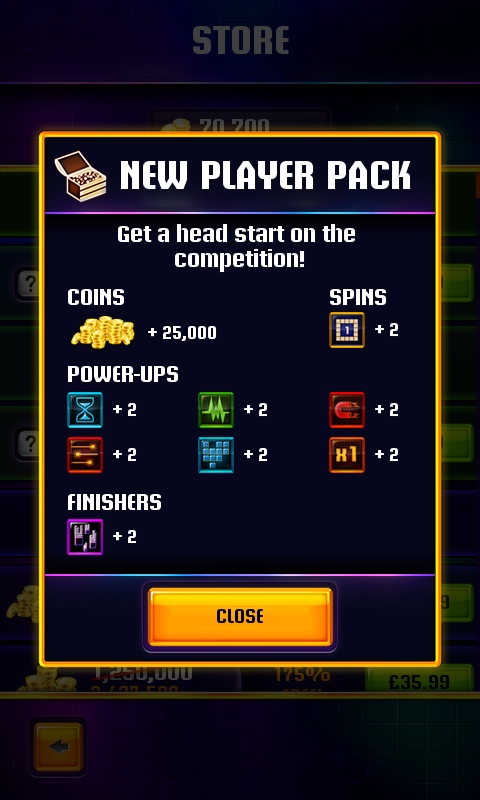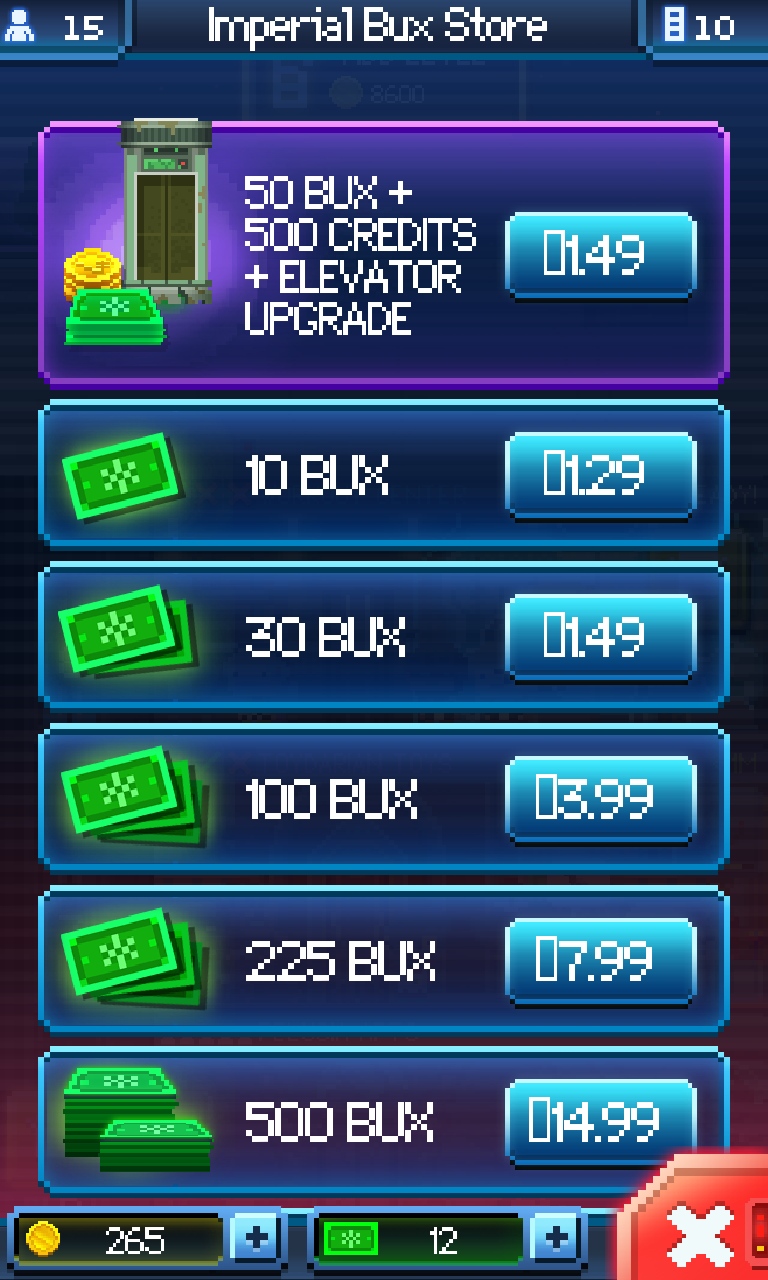Let's start with an honest truth... coding is hard. Very few people can be in the coding game for altruistic reasons. Yes, there are many open source apps, and more apps that are free to use and have no obvious revenue streams, but I would suggest that the apps and games used frequently by the vast majority of smartphone users have been coded with a view to providing a return on the developer's investment.
The second honest truth... not enough people are buying apps and games at the point of download to provide enough of a return for developers.

Part of this is the deflation in app pricing. When your app could sell at £10 a copy, it was far easier to shift enough units to bring in enough money every month to justify the time as a developer. With the constant downward pressure on pricing where even charging £1.49 is seen as a premium price, that leaves very little room to work any margin into the selling experience (and don't forget that 30% slice taken by the app stores).
Apps have a much short lifespan in 2013 than they did when Steve was seriously coding at the turn of the century. An app can go through the launch, hype, and slide down to zero sales in a matter of weeks. That does not provide the levels of recurring sales that are needed to sustain a career.
This would also be an appropriate time to mention the almost porous levels of piracy on a number of mobile platforms, further weakening the idea of an outright purchase of an app.
In short, the market has moved on. While there may be people who prefer the idea of 'buy once, run forever' it is not an economic model that will provide enough return for developers. This is true not just at the hobby developer level, but at the big developer level as well. Titles like EA's 'The Sims Freeplay' rely completely on IAP income. While they can still use their size to have a number of titles as 'pay once' these are becoming fewer and fewer. And if you think the rush to freemium is significant on Windows Phone, have a wander around the Google Play Store.

Developers need to be paid, and the old way is no longer sufficient. There are three very rough areas of income that a developer can tap into. The first is themselves, and they give everything away for free. As I discussed, that's not an option for many people. The second is to have a third party pay them; many applications to promote movies or companies are arguably going this route, but so are countless apps that use in-app advertising - but this will not be something that can be relied on until there are better ways to track mobile ads, and CPM/CPC rates are improved.
Which leaves the user paying as the third option. Not enough pay at the point of download (and due to piracy, many simply sidestep that obligation). So where does the money come from? It has to come during the use of the application.
To take an example from a few years ago, the author behind the iOS title 'Flower Garden' has talked openly about the impact that the introduction of IAP had on his title. Flower Garden allows you to grow flowers, make digital bouquets, and send them to your friends. After its launch spike, its lowest day earned $10 through sales at the point of download. Once IAP was added to the paid download, the income rose to $50 per day.
And when Apple allowed IAP on free apps (October 2009), Flower Garden's income rose to $180 a day. That's the sort of income level a developer can work with.
Flower Garden is one example, but there are countless more. In-app purchases are providing a steady income stream to mobile developers around the world. This gives them the confidence to code new apps, which create new income streams, and "the circle of mobile apps" will continue.


In a idyllic world, all apps would be free, developers would be rewarded by society and allowed to continue their work, and everyone would be happy. Those people who really wanted to support an app would donate a few pounds or dollars, and the sun would shine on everyone. I think that's where Steve would like to live.
But living in the mobile app world is like living on the streets. You're only as good as the last sale, you're only going to make income if people are engaged and continue to enjoy your wares, and you need to keep the money flowing back into your account.
Without in-app purchasing, the continued success of mobile apps would not be possible. We should be thankful and welcome the well implemented freemium titles into our smartphones.
